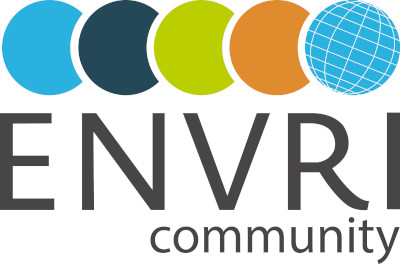It was only almost four months ago when the first case of the 2019–20 coronavirus (COVID-19) outbreak was reported. Fast forward today and we see confirmed cases reaching the hundred thousand mark, more than 4,000 dead, and governments and international agencies scrambling to find a cure or vaccine.
For us to find such a solution, the work is no different from putting together pieces of a puzzle. Bits of data and knowledge here and there, not to mention policies that should not only be conducive, but actually encouraging such activities.
Empowering our future responses
The future European Open Science Cloud (EOSC) can be the answer to societal challenges as they emerge.
“The goal of EOSC is to open up all scientific data and publications and combine the results to drive new discoveries and tackle key societal challenges,” said EOSC Executive Board Co-Chair Cathrin Stöver.
She continued, “EOSC is an ideal tool to respond to public emergencies such as the COVID-19 virus by (1) opening up scientific data on the virus, (2) sharing live on-the-ground data on the spread of the virus, and (3) accessing and combining this data not only to eradicate the virus but learn how to deal with similar viruses and future outbreaks.”
Stöver says Europe’s open science cloud is expected to become a virtual ecosystem that will be linking all scientific disciplines and sectors. From a technological standpoint, the EOSC is expected to provide the tools for such collaboration.
Use case
Even as the EOSC is being built at the moment, it is already piloting some use cases to demonstrate its benefits.
ELIXIR Director Niklas Blomberg coordinates the EOSC-Life project, one of the EOSC projects accelerating open science through open data, open reproducible tools and workflows in the life sciences field. ELIXIR-Belgium and de.NBI/ELIXIR-Germany are the ELIXIR nodes involved in the latest activities towards COVID-19. Blomberg said open science helps researchers to act quickly and efficiently.
“Open data and open reproducible workflow also allow European scientists to collaborate globally. Our recent collaboration on COVID-19 genomes is a great example: four teams – two European, one in Australia, one in US work together to make reproducible workflows openly available to scientists globally.”
Blomberg emphasised, “This is the core of EOSC – fast, open access to as wide a pool of data and tools as possible for scientific collaborations.”
This article has been adopted from https://www.eoscsecretariat.eu/news-opinion/covid-19-highlights-need-eosc


